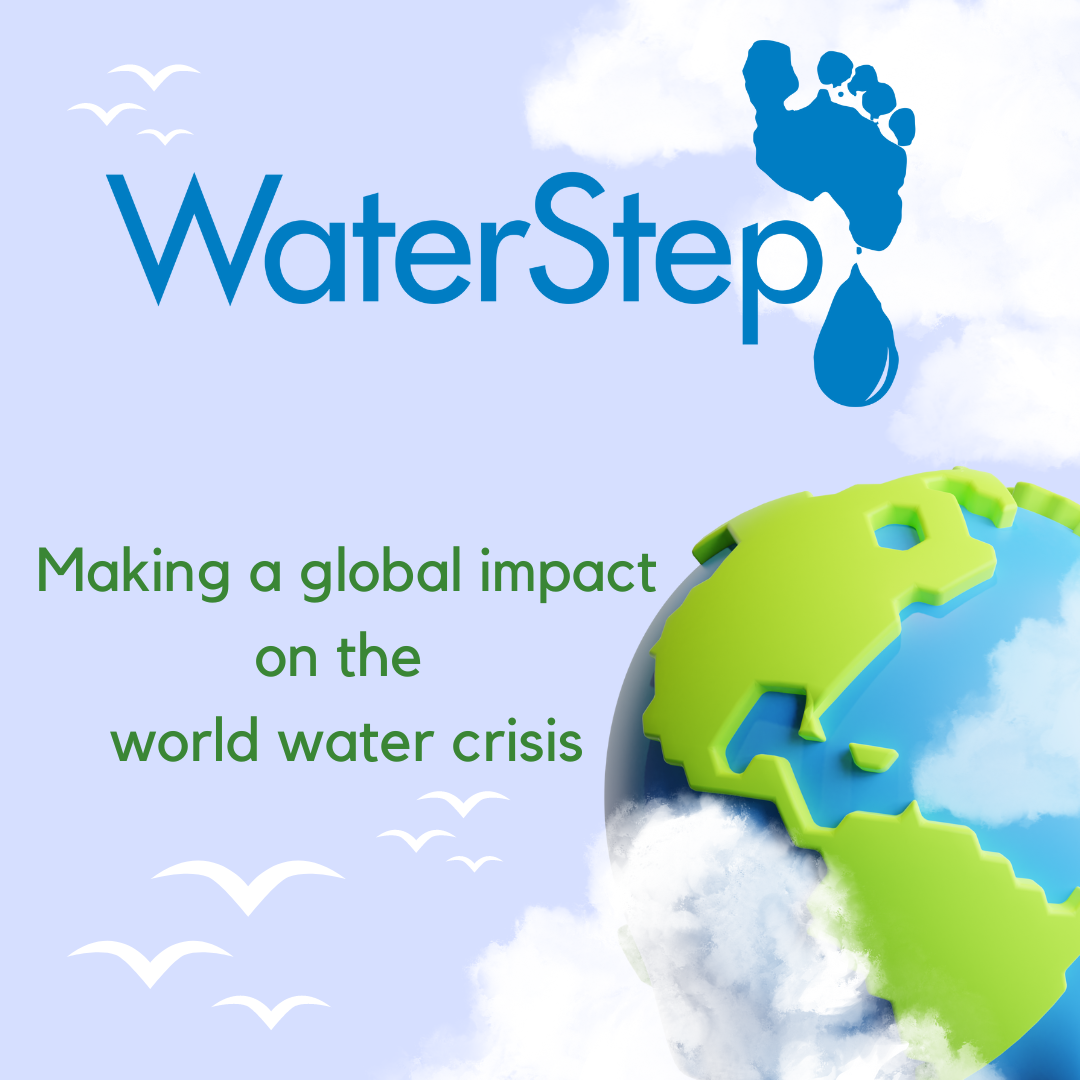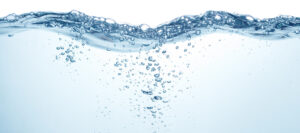Written by: Pam Platt, WaterStep Communications Specialist
Numbers are important, but they tell only part of a story.
For instance, at the end of every calendar year, WaterStep quantifies the number of people impacted by the safe water, sanitation, and hygiene projects the organization and its field consultants carried out among the 74 countries in which we have worked over the past 28 years.
In 2023, WaterStep projects directly impacted an additional 3.3 million people, said Claudia Daniels, director of international partnerships and missions.
The efforts included water purification for communities, bleachmaking equipment and training for disinfectant use in homes, hospitals, schools, businesses, and other public spaces. The same equipment and training served as the basis for independent bleachmaking businesses established by residents in those communities and beyond. 2023 also included fast-response, disaster relief for Tanzanian residents affected by floods and mudslides late in the year.
Daniels said the 2023 numbers mean more than 12 million people have been impacted by WaterStep projects since we started tracking the numbers in 2006. Most of this lifesaving work in 2023 happened in East Africa, primarily in Tanzania, Kenya, and Uganda.
To get beyond the numbers, we contacted WaterStep “ambassadors” and field consultants in those countries.
They work year-round to make access to safe water a reality for their fellow countrymen, women and children, improving health and futures in both expected and surprising ways. Their work is both personal and passionate, which comes through in FaceTime conversations with them.

Jerald Malamba headed relief efforts in the Katesh region of Tanzania in December when floods and mudslides from heavy rains killed dozens of people and destroyed buildings and other property. This was a time when safe water was even more of a premium for human life. Malamba said the destruction and loss of life were more serious and widespread than media reports reflected.
Some of those he and WaterStep aided lost family members, homes and belongings in devastation. Malamba and his team responded to flood victims with water treatment systems and 20 large-capacity tanks, providing safe water at least to people in need of some aid and comfort.
In Kenya, Raphael Wanjala, a WaterStep ambassador and a Xaverian brother, said the completion of the Passionist Mission Complex on the shores of Lake Victoria, the main water source for the region, was his “landmark” project for the year.
The lake water is plentiful but contaminated, so investments were needed, and made, in the complex for a community that includes a church (which serves 22 sub-parish churches), two primary/boarding schools for about 850 students, a vocational training center, a retreat house for missionaries, a convent for nuns, and a five-acre organic farm.
In all, 10 10,000-liter tanks were installed to support its safe water system.
“It has made a big difference in the lives of the people in the community,” he said.

In Uganda, Jude Mugema said more than a dozen WaterStep projects impacted more than 35,000 lives – whether directly through water treatment and improved access to safe water with larger tanks and solar power to operate the systems, and in training on how to use ChlorineGenerators and BleachMakers.
In an area given to droughts, floods, and the long distances people need to travel for the few water sources available, Mugema said the 2023 improvements and interventions have “raised people’s hopes” for better health. “We can testify through medical personnel that (unsafe water-borne) infections are tremendously reduced,” he said.
Two other areas show improvement, as well:
- In the areas where water treatment has been enhanced, school enrollment has increased.
- Mugema said police have noted that domestic violence-related cases have decreased. He said domestic-violence incidents had been attributed to the long distances women had to travel to get water, and how their prolonged absences were not tolerated by the men at home. Travel times improved, and so did some home lives.
“WaterStep is much cherished,” Mugema said. “More lives are saved through access to safe and clean water.”
The numbers tell only part of that story. WaterStep’s able representatives on the ground fill out the picture with telling details of how and how many lives are impacted, and how your help helps.




